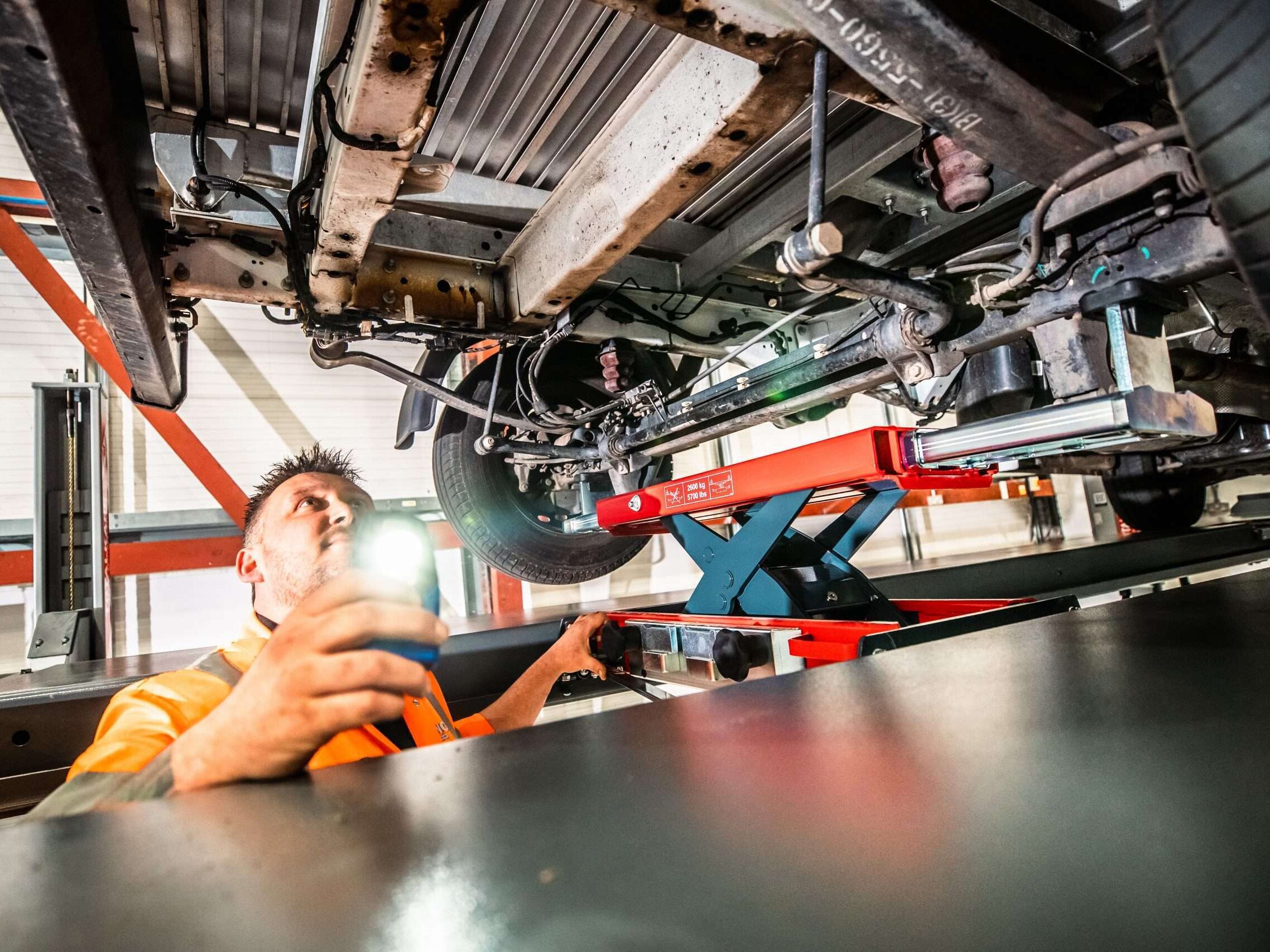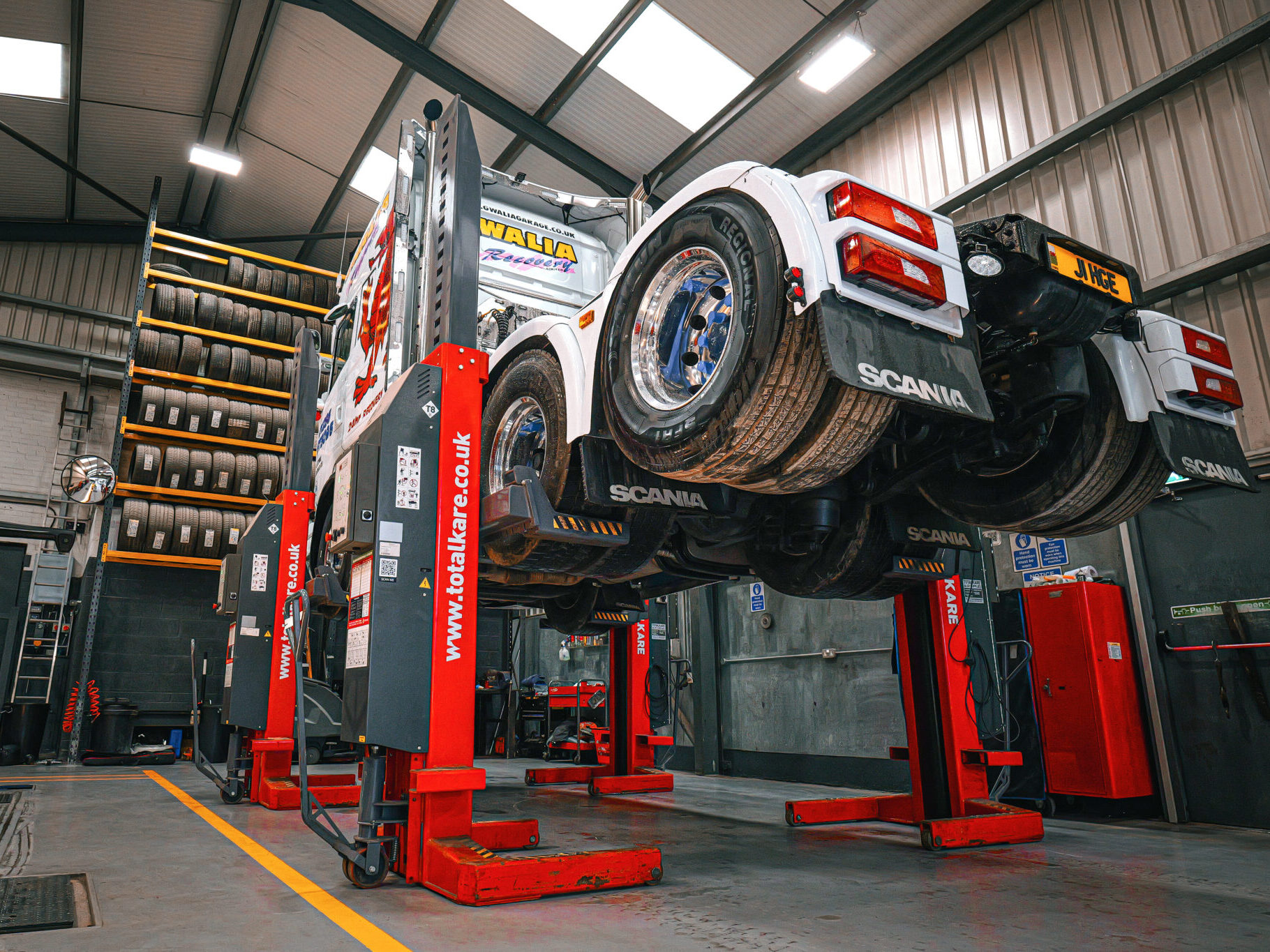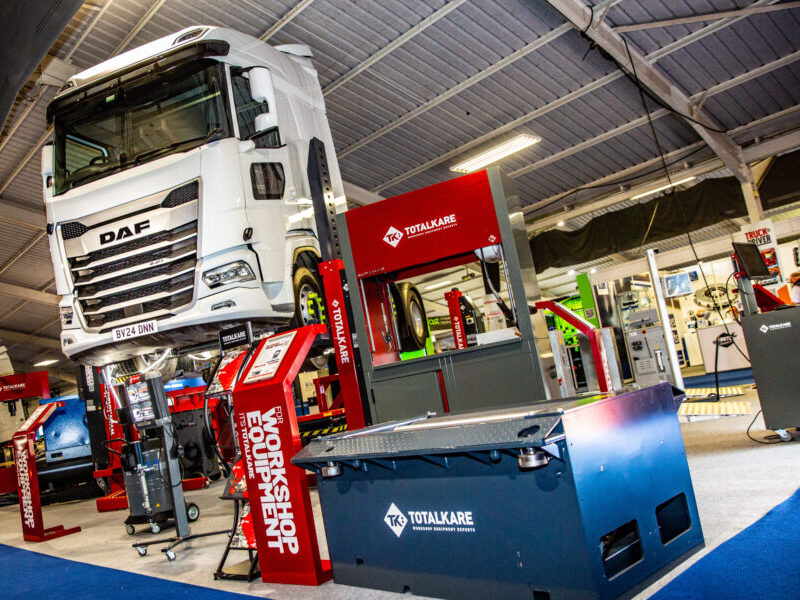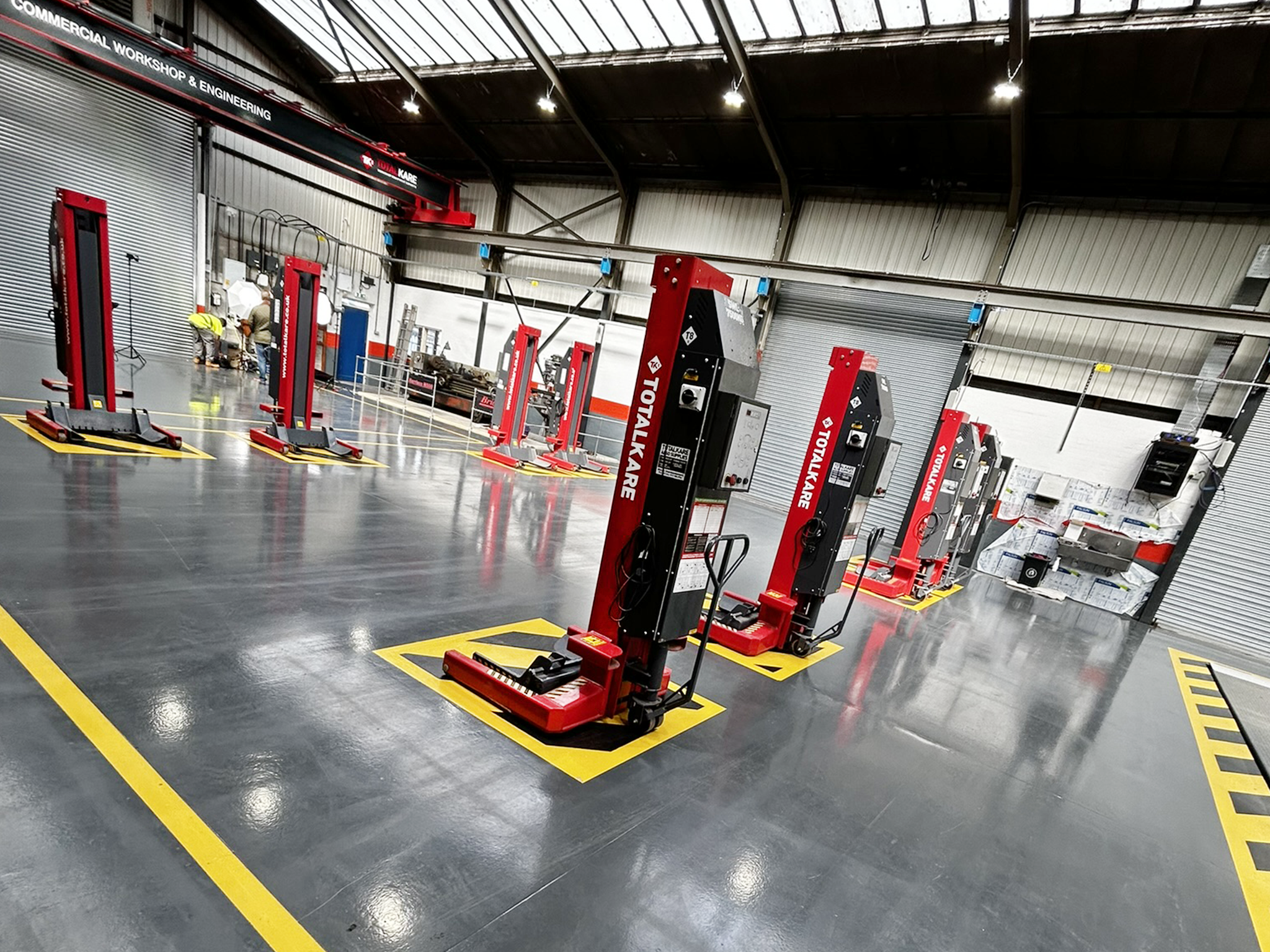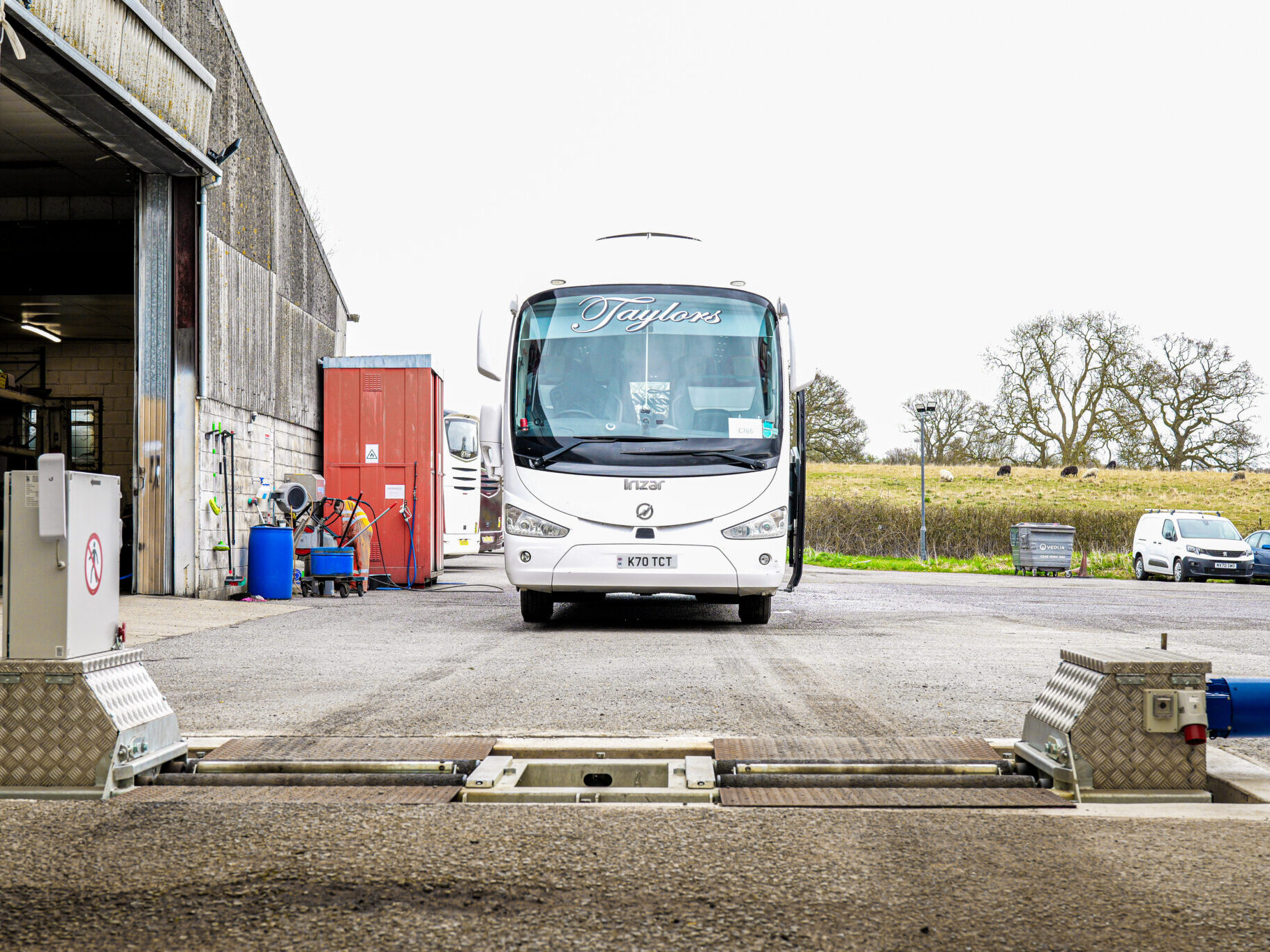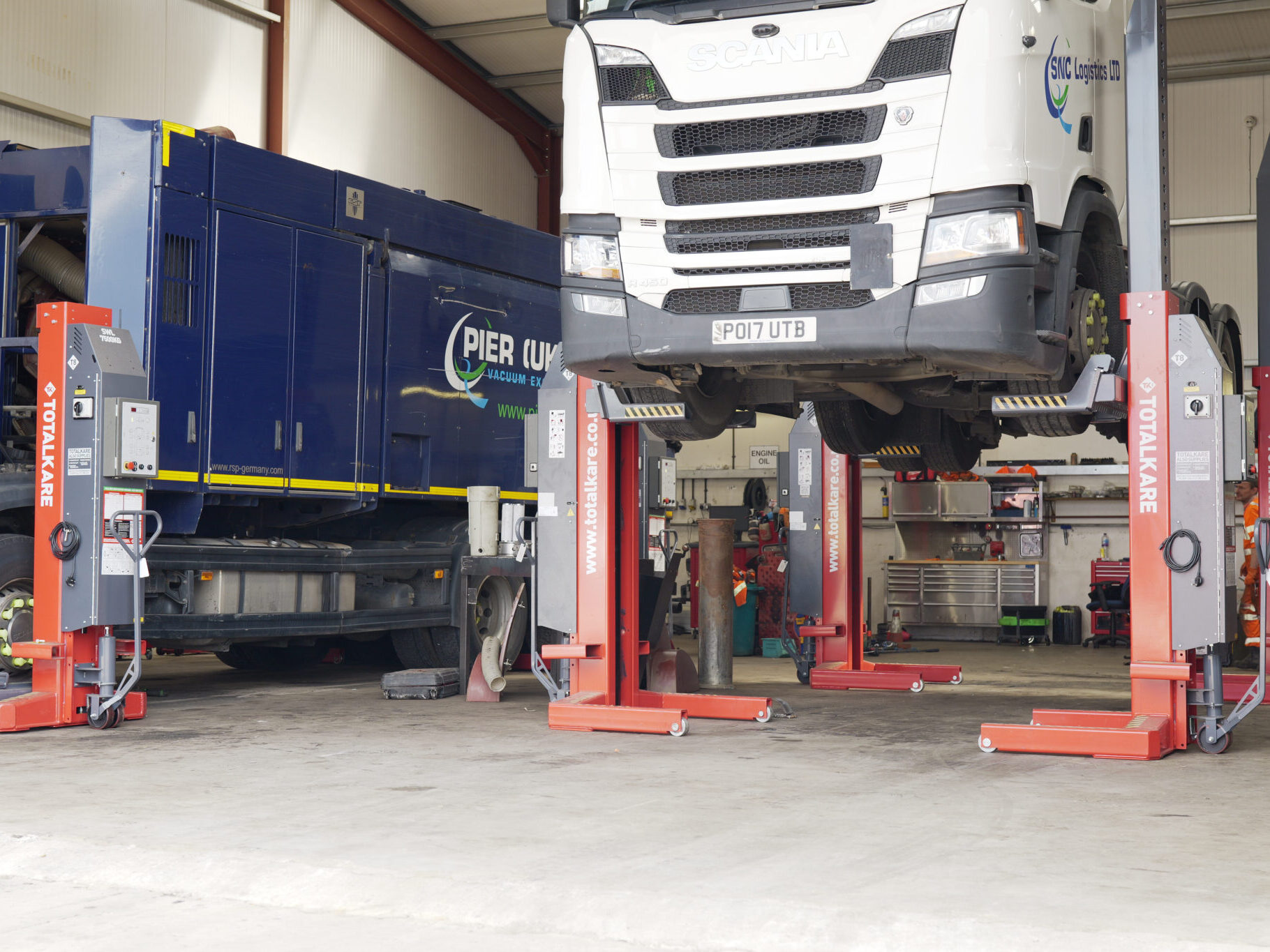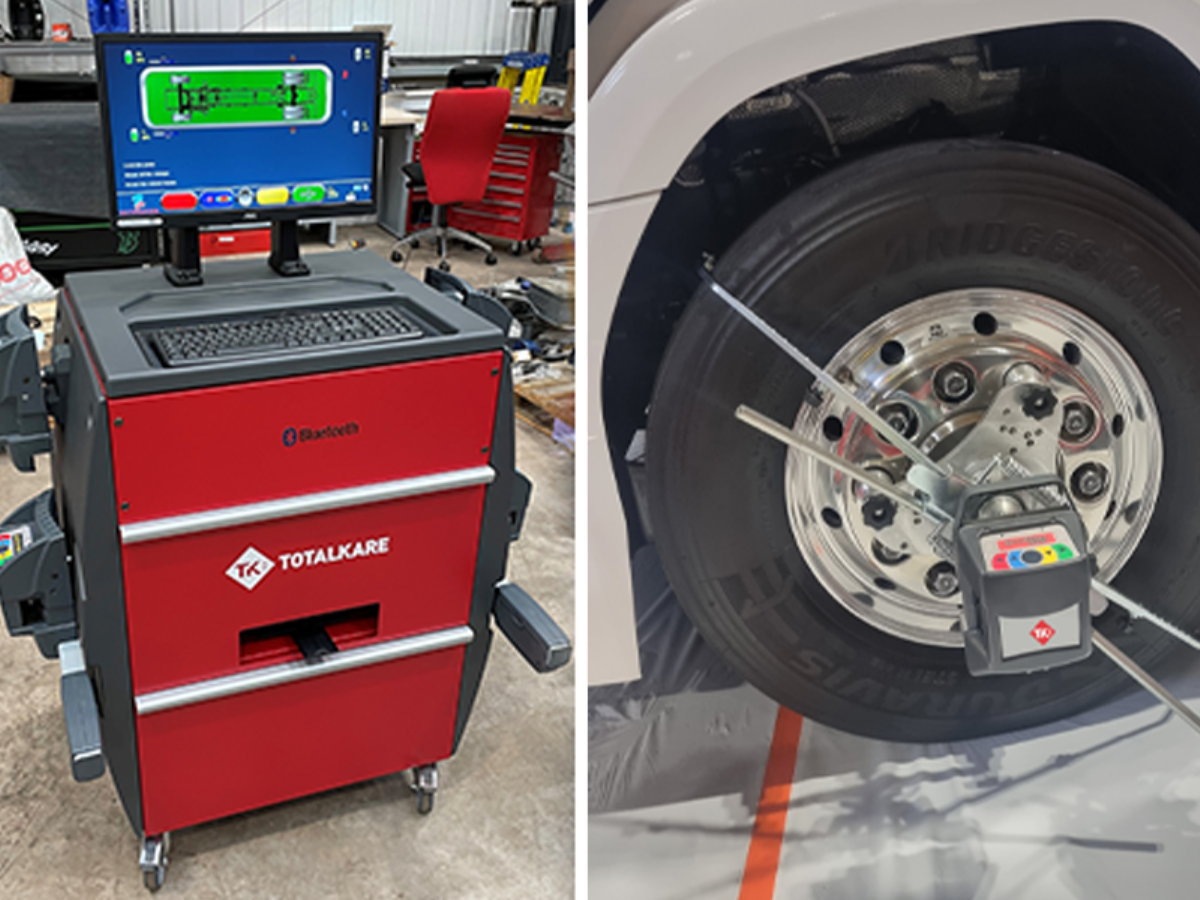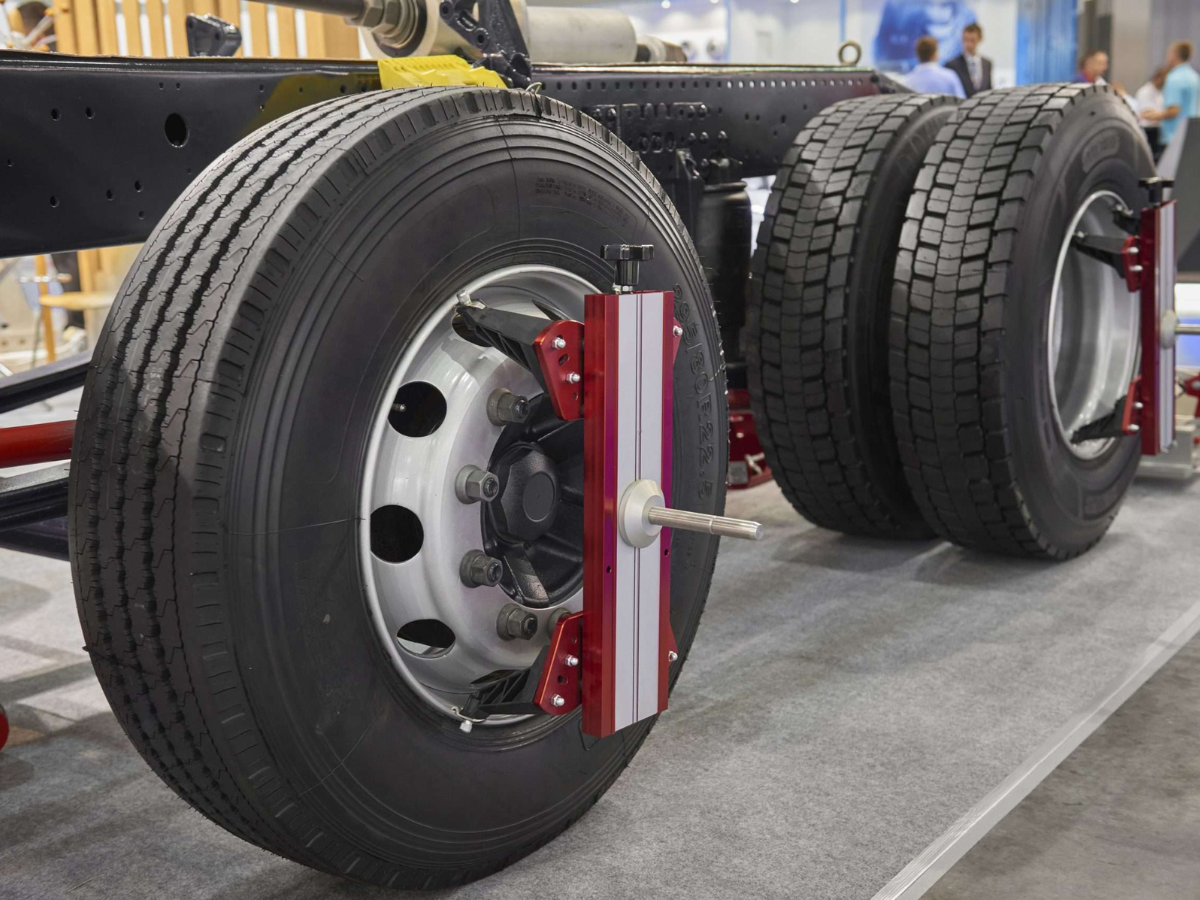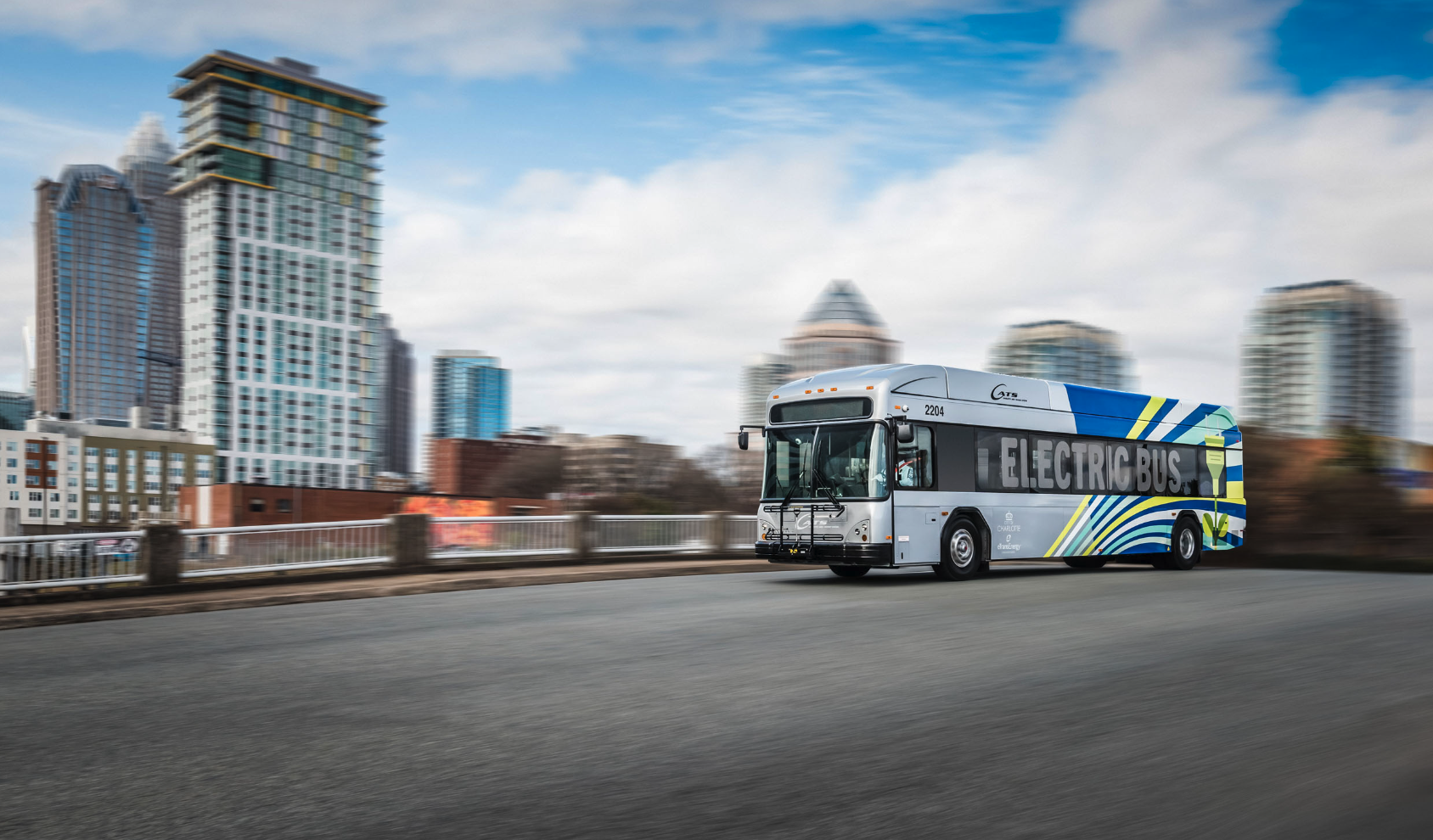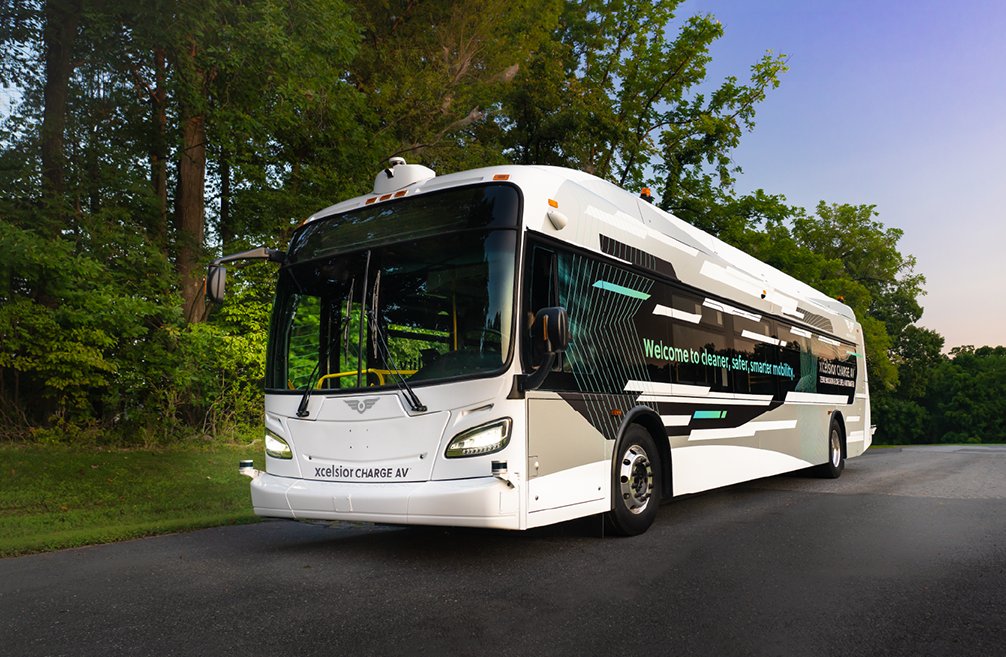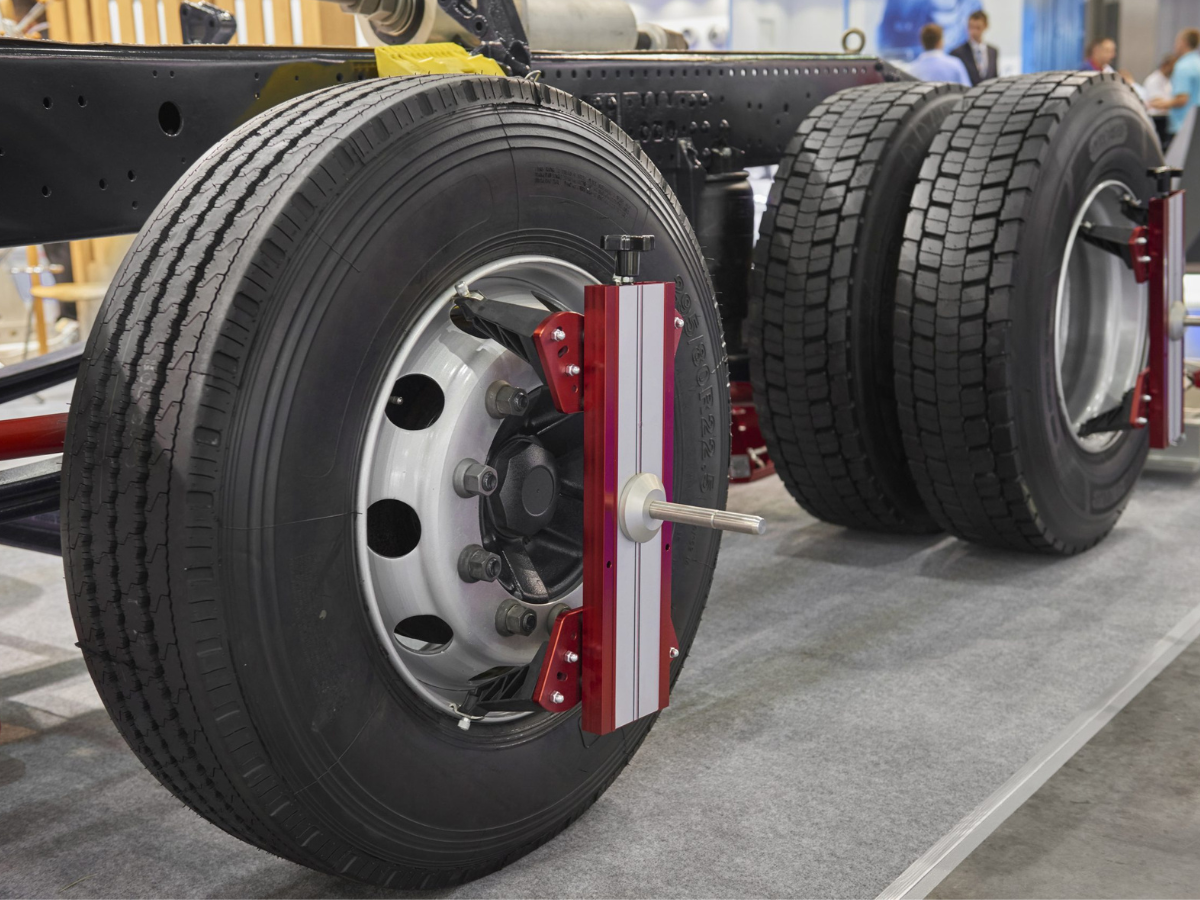We’ve talked before about the essentials you need to prepare for winter driving, and how the right equipment can help to keep your vehicles and drivers safe during unpredictable weather.
But there’s one simple change to your vehicles that’s easy to overlook — and that’s the type of tyres you’re using during the colder months.
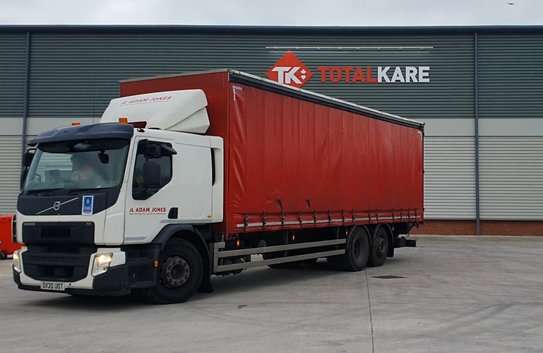
Here’s everything you need to know about winter treads — how they’re different, why you need them, and how they can help to keep your fleet operating safely.
What’s Different about Winter Treads?
The everyday tyres on a typical vehicle are designed exactly for that purpose — the everyday conditions your drivers encounter on a typical road.
But winter tyres are built differently.
They’re made for a different purpose — to hold their grip and give increased control on winter roads covered in ice, snow, slush, and mud.
In practice, that means a winter tyre will normally have:
- Deeper treads (far beyond the legal minimum of 1.6mm) — to create more contact between the tyre and the road
- Wider treads to hold more compacted snow — although it sounds counter-intuitive, this compacted snow helps to improve your grip in winter conditions
- Additional grooves to channel water away from the tyres and reduce the risk of aquaplaning
- And a softer, more flexible rubber compound — to keep the tyres soft and flexible (which improves traction) in cold temperatures
Individually, these might sound like minor differences. But when all of these factors work in tandem, they add up to a significant difference in braking control and grip on the road — which means a significant improvement in the safety of your vehicles.
Why Do Fleets Need Winter Tyres?
The simple answer is the most important one:
Winter tyres help your vehicles stay safe.
It’s safer for your drivers, and it’s safer for other road users. And when you factor in the size and weight of a commercial vehicle carrying a heavy load, you don’t want to take any chances on wet and icy roads.
But beyond the risk of accidents and harm, there are plenty of financial reasons to use winter treads, too:
When your vehicles are unprepared for winter conditions, you’re putting your cargo at risk of damage. You’re risking damage to your vehicles, and all of the extra costs that come with repairs and maintenance.
And that’s only the worst-case scenario.
You could be losing money on missed deliveries, delayed journeys, or spoilt goods — and you could even end up causing a road blockage that affects other drivers and businesses.
When Do You Need to Switch to Snow Tyres?
The UK is famous for its unpredictable weather. And that means you can’t rely on a set date in your calendar to change your tyres and stay safe on the road.
But as a general rule of thumb:
It’s usually a good idea to switch to winter tyres once the temperature drops below 7°C.
That’s not a guarantee of icy roads or wet conditions. But it does help to alleviate one of the main problems of using summer tyres in the winter.
When temperatures drop below 7°C, your everyday tyres become less effective. The materials they’re made become harder and less flexible, reducing your grip and control on the road.
(And of course, those are the temperatures where you start seeing a real risk of snow and ice — you won’t get much of that above 7°C!)
But How Can I Predict the Weather?
The short answer? You can’t.
In the winter months (and especially in the UK), temperatures can fluctuate on a daily basis — and a sudden surge of snow and ice can appear overnight without warning.
And if your fleet is due to set out on long-haul deliveries, you need to be ready with winter treads at a moment’s notice.
For fleet operators that outsource their tyre changing, the costs can start to add up — and that’s on top of the hassle and potential delays caused by booking appointments with third-party services.
That’s why lots of fleets are now bringing their tyre changing in house, by investing in their own equipment like the Totalkare Nav101 Tyre Changer.
With your own in-house tyre changers, you can react to the changing weather and easily switch to winter treads as soon as the road conditions change.
And the result?
You’ll have a fleet that’s ready for anything — out driving safely in any conditions, and without the added delays or costly extra fees of outsourcing the job to someone else.
Is Your Fleet Ready for the Winter Roads?
Check out our full range of Tyre Changers in our online shop — or start a chat with one of our experts to help you find exactly what you need.
This article was originally published by Totalkare Ltd.


